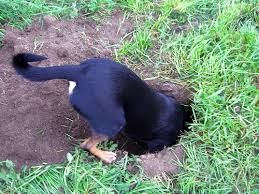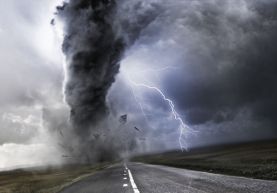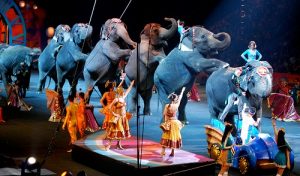dig dug dug
Irregular Verbs
Regular Verbs
Verbs in English have three tense forms: the base form (or infinitive without “to”), the past simple, and the past participle.
With regular verbs, the past simple and past participles are formed by adding -d or -ed, or -ied (replacing the y or most y endings) to the end of the base form.
Most English verbs are regular.
Irregular Verbs
Irregular verbs do not follow the above rule.
1. One kind of irregular verb changes in the past tense and then keeps that same form in the past participle. Examples include feed, fed, fed; and win, won, won.
2. Another kind adds an -n or -en to the base form or to the past tense form to make the past participle. Examples include know, knew, known; and speak, spoke, spoken.
3. Other verbs have irregular changes in spelling for each principal part, as in slay, slew, slain.
Cut, Cut, Cut
4. Still others use the same form for all principal parts. They include cost, cut, set, and shut. These verbs are called invariables.
5. A large group of irregular verbs shows a change of vowel in both the past tense and past participle: begin, began, begun; ring, rang, rung; swim, swam, swum.
Through usage, many verbs of this type are gradually changing into regular verbs with -ed endings.
For example, the verb strive has the irregular forms strive, strove, striven and also has the regular forms strive, strived, strived.
See MAIN VERBS.
Exercise
In this unit, we look at the first type of irregular verb.
| Verb-1 | Verb-2 | Verb-3 |
| dig | dug | dug |
| feed | fed | fed |
| feel | felt | felt |
| fight | fought | fought |
| find | found | found |
| flee | fled | fled |
| fling | flung | flung |
| grind | ground | ground |
| have | had | had |
| hear | heard | heard |






Answer the following or respond to the statements. Say why and give examples.
Dig (Up), Dug, Dug
11. dig (up), dug, dug
What did Rover the dog do last week?
Pat dug a hole in his garden. What happened? Why did he dig a hole in his garden?
12. feed, fed, fed
During the circus show, the trainer could work with bears, lions, and tigers. How was he able to do so?
Jill grew up on a farm. What did she do every day?
13. feel, felt, felt
Last night I was sound asleep. But at about 2:00 am, I work up. Why did I wake up?
Carry listened to her favorite music last Saturday. How did she feel when she listened to her favorite music?
14. fight, fought, fought
The United States is democratic now because Americans had fought for freedom and independence. Was this good or bad?
Do you or did you see fights in your school? Were there fights in your school?
15. find, found, found
Dennis was feeling down. Then he became elated. Why was he very happy? He was very happy because . . . .
What would you do if you found a smartphone in the park? If I found a smartphone, I would . . .
Flee, Fled, Fled
16. flee, fled, fled
There are many refugees and asylum seeker at center. Why are they there?
Have some children fled from their homes? Why did they flee from their homes?
17. fling, flung, flung
The tornado was extremely powerful. What did the tornado do? The tornado . . .
18. grind, ground, ground
There are lots of old windmills and watermills around here. Today they are tourist attractions. Was that their original purpose?
19. have (has), had, had
Ray was a popular singer — 25 years ago. What did he have back then? What did he have 25 years ago? What does he have now?
20. hear, heard, heard
What happened when Carl hacked into WeChat and WhatsApp system?
William eavesdropped on the managers. What did he hear?Sandy heard her neighbors talking last night. What did they say? Can you hear your neighbors?
